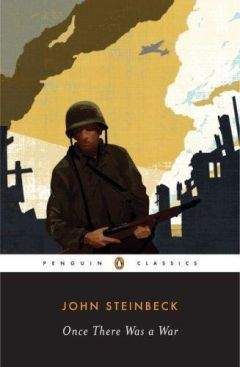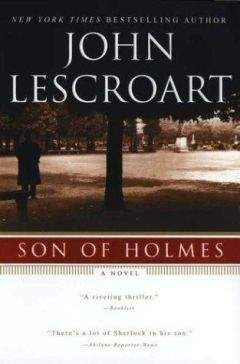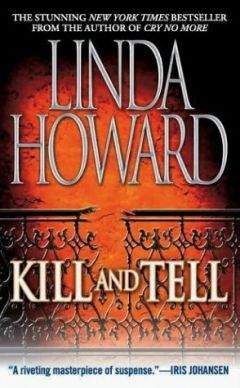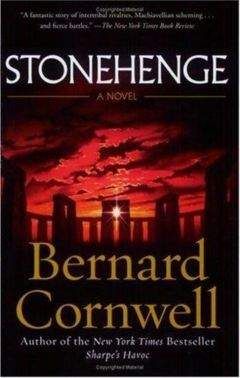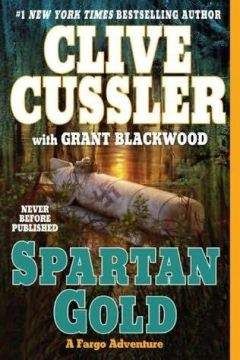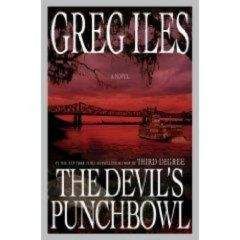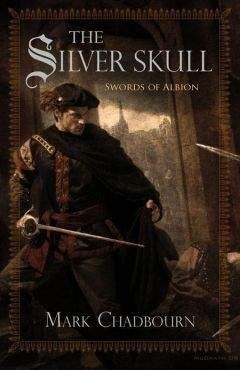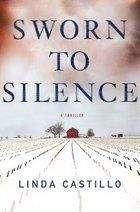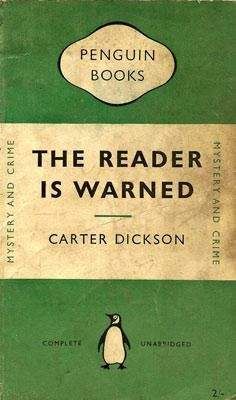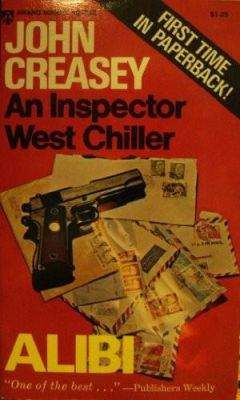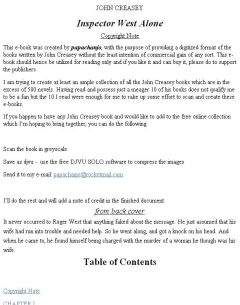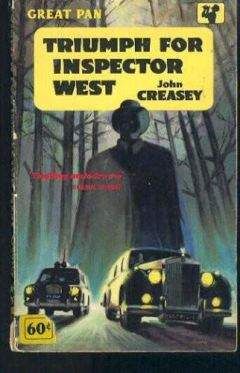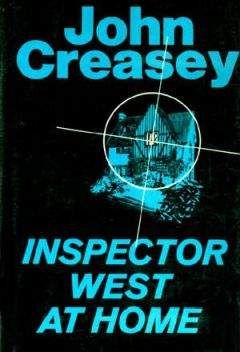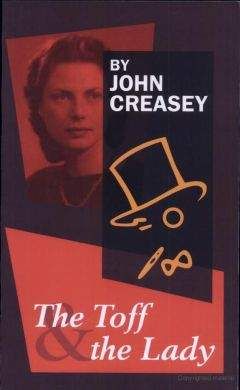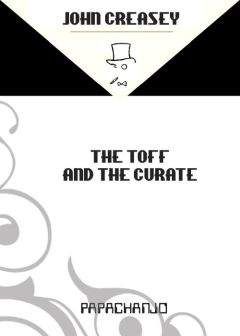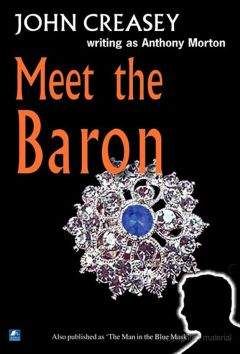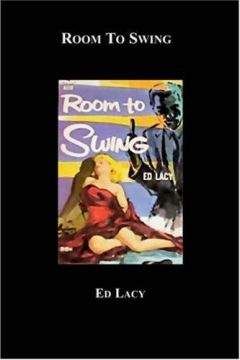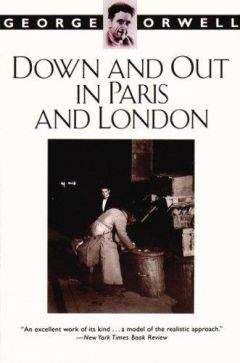John Carr - The Plague Court Murders
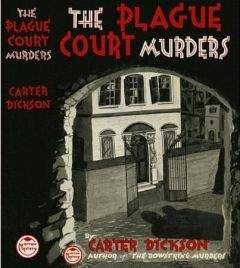
Скачивание начинается... Если скачивание не началось автоматически, пожалуйста нажмите на эту ссылку.
Жалоба
Напишите нам, и мы в срочном порядке примем меры.
Описание книги "The Plague Court Murders"
Описание и краткое содержание "The Plague Court Murders" читать бесплатно онлайн.
THE FIRST SIR HENRY MERRIVALE MYSTERY. When Dean Halliday becomes convinced that the malevolent ghost of Louis Playge is haunting his family estate in London, he invites Ken Bates and Detective-Inspector Masters along to Plague Court to investigate. Arriving at night, they find his aunt and fiancée preparing to exorcise the spirit in a séance run by psychic Roger Darworth. While Darworth locks himself in a stone house behind Plague Court, the séance proceeds, and at the end he is found gruesomely murdered. But who, or what, could have killed him? All the windows and doors were bolted and locked, and no one could have gotten inside. The only one who can solve the crime in this bizarre and chilling tale is locked-room expert Sir Henry Merrivale.
‘Very few detective stories baffle me nowadays, but Mr Carr’s always do’ - Agatha Christie
I had known him for some time before we became at all friendly. We used to fall into casual conversation in the smoking-room at the club. What I knew of Halliday -for we never talked of personal matters-was fired at me by my sister, who happened to be well acquainted with Lady Benning, Halliday's aunt.
He was, it appeared, the younger son of a tea-importer who had got so rich that he could refuse a title, and say that his firm was too old for that sort of thing. The old man, Dean's father, had side-whiskers and a turkeycock nose. He was sour enough to his associates, but fairly indulgent toward his sons. The real head of the family, however, was Lady Benning, his sister.
Dean went through a number of phases. Before the war, as an undergraduate, he was one-of the customary down from-Cambridge bloods. Then the war came along. Like a number of others, the drawler suddenly became an amazingly good soldier. He left the army with a D.S.O. and a lot of shrapnel inside, and then started raising hell in earnest. There was trouble; a dubious nymph sued for breach of promise; family portraits wriggled with horror; and, with that happy British optimism which decides that bad ways always change if they are practiced somewhere else, Dean was packed off to Canada.
Meantime, his brother had inherited Halliday and Son at the death of the old man. Brother James was Lady Benning's favorite and darling; James was this, James was that, James was a model of soft-spoken rectitude and precision.... The truth of the matter lay in the fact that James was a decayed little prig. He used to go on ostensible business-trips and lie speechlessly fuddled in bawdy houses for two-week periods, then slip back quietly to Lancaster Gate, with his hair brushed straight again, complaining resignedly of his health. I knew him slightly-a smiling man always in a mild sweat, who couldn't sit still in a chair. All this mightn't have hurt him, if it hadn't been for what he called his conscience. His conscience got him, presently. He went home one night and shot himself.
Lady Benning was distracted. She had never liked Dean - I think it probable that, in some obscure way, she held him responsible for James's death-but now it was necessary to recall him as head of the family from his nine year exile.
He had sobered down, but he still had enough of the old humorous devil to make him good (sometimes dangerous) company. He had seen men and places. He had acquired a tolerant droop of the eyelid. Also, there was about him a certain fresh vitality and frankness which must have disturbed the somnolent air round Lancaster Gate. You liked his grin. He was very fond of beer, detective stories, and poker. Anyhow, things seemed to be going well for the returned prodigal; but I think he was lonely.
Then something happened. It was more than unexpected, because I had heard from my sister, a short time before, that he was "understood" to be engaged to be married. After mentioning the girl's name as Marion Latimer, my sister had enlivened the afternoon with a rapid and Tarzan-like inspection of her family tree. When the branches were all tested, my sister had smiled grimly over her folded hands, looked in a sinister fashion at the canary, and said she hoped it would turn out all right.
But something had happened. Halliday was one of those people who carry their own atmospheres about with them. We felt it at the club, though he spoke to us as usual. Nobody said anything; Halliday would glance at us sharply, and try to be the jolly good fellow; and afterwards he would look confused. There was something wrong with his laugh. He used it too often, and spilled cards on the table when he shuffled sometimes, because he had not been looking at them. This went on for a week or two, not very pleasantly. Then, after a time, he stopped coming altogether.
One night I was sitting in the smoking-room after dinner. I had just ordered coffee, and I was in one of those thick sloughs of boredom where every face looks vapid; where you wonder why the whole rushing, solemn routine of a city doesn't get sick of its own nonsense and stop. It was a wet night, and the big, brown-leather smoking. room was deserted. I was sitting idly near the fire making nothing of a newspaper, when Dean Halliday walked in.
I sat up a little-there was something in the way he walked. He hesitated, looked around, and stopped again. He said, "Hullo, Blake," and sat down some distance away.
The silence was doubly uncomfortable. What he thought was in the air, was all about, was as palpable as the fire at which he was staring. He wanted to ask me something, and couldn't. I noticed that his shoes and the edges of his trousers were muddy, as though he had been walking far; he seemed unconscious of the damp-extinguished cigarette between his fingers. There was no humor now in the low chin, the high forehead, the high-muscled jaws.
I crackled my newspaper. Remembering it afterwards, I think it was then my eye caught a small headline towards the foot of the first page: "STRANGE THEFT AT-" but I did not read it at the time, or notice any more.
Halliday inflated his chest. Quite suddenly he looked up.
"Look here, Blake," he said in a sort of rush. "I regard you as a pretty level-headed fellow...."
"Why don't you tell me about it?" I suggested.
"Ah," he said, and sat back in his chair; and looked at me steadily. "If you won't think I'm a jabbering ass. Or an old woman. Or-" As I shook my head he interposed: "Wait, Blake. Wait a bit. Before I tell you about it, let me ask you whether you're willing to give me a hand in what you'll probably call an idiotic business. I want you to..."
"Go on”
"To spend the night in a haunted house," said Halliday.
"What's idiotic about that?" I asked, trying to conceal the fact that my boredom had begun to disappear; I felt an anticipatory pleasure, and my- companion seemed to notice it.
He laughed a little, now. "Right. I say, this is better than I'd hoped for! I didn't want you to think I was crazy, that's all. You see, I'm not interested in the blasted business; or I wasn't. They may return, or they may not. I don't know. All I do know is that, if matters keep on in the present way, then-I'm not exaggerating-two lives are going to be ruined."
He was very quiet now, staring at the fire, speaking in an absent voice.
"Six months ago, you see, the whole thing would have seemed wildly absurd. I knew Aunt Anne was going to a medium-or mediums. I knew she had persuaded Marion to go along with her. Well, damn it-I couldn't see any harm in that." He shifted. "I suppose I thought of it, if I thought about it at all, as a fad like bagatelle or jigsaw puzzles. I certainly supposed that Marion at least would keep her sense of humor... " He looked up. "I'm forgetting something. Tell me, Blake. Do you believe?"
I said I would always be prepared to accept satisfactory evidence, but that I had never come on it as yet.
"I wonder," he mused. “`Satisfactory evidence'. Ha. What the devil is it, anyhow?" His short brown hair had tumbled partly across his forehead; his eyes were full of a hot, baffled anger; and muscles tightened down, his jaws. "I think the man's a charlatan. Well and good. But I went myself to a God-forsaken house-alone-nobody else there-nobody knew I was going....
"Listen, Blake. I could tell you the whole story, if you insist on knowing. I don't want you to walk in blindfold. But I'd rather you didn't ask anything. I want you to go with me, tonight, to a certain house in London; to tell me whether you see or hear anything; and, if you do, whether you can explain it on natural grounds. There'll be no difficulty about getting into the house. It belongs to our family, as a matter of fact.... Will you go?"
"Yes. You expect a trick, then?"
Halliday shook his head. "I don't know. But I can't tell you how grateful I'd be. I don't suppose you've had any experience in these matters? Old empty house-things.... Good God, if I only knew more people! If we could get somebody to go with us who knew all about fake.... What are you laughing at?"
"You need a good stiff drink. I wasn't laughing. I was only thinking that I knew our man, provided you don't object "
"Object?"
"To a Detective-Inspector from Scotland Yard."
Halliday stiffened. "Don't talk rot. Above everything else, I don't want the police in on this. Forget it, I tell you! Marion would never forgive me.
"Oh, not in an official capacity, you understand. Masters makes rather a hobby of this." I smiled again, thinking of Masters the unruffled, Masters the ghost-breaker; the big, stout, urbane man who was as pleasant as a cardsharper and as cynical as Houdini. During the spiritualistic craze that took England after the war, he was a detective-sergeant whose chief business was the exposing of bogus mediums. Since then his interest had increased (apologetically) into a hobby In the workshop of his little house at Hampstead, surrounded by his approving children, he tinkered with ingenious devices of parlor magic; and was altogether highly pleased with himself.
I explained all this to Halliday. First he brooded, ruffling the hair at his temples. Then he turned a flushed, grim, rather eager face.
"By Jove, Blake, if you can get him-! You understand, we're not investigating mediums now: we're only going to a supposedly haunted house...."
"Who says it's haunted?"
There was a pause. You could hear tangled motor-horns shrilling and squawking outside the windows.
"I do," he said quietly. "Can you get in touch with this detective-fellow at once?"
"I'll 'phone him." I got up, stuffing the newspaperinto my
pocket. "I shall have to tell him something of where we're going, you know."
"Tell him anything. Tell him-stop a bit! If he knows anything about London ghosts," said Halliday grimly, "just tell him 'the house in Plague Court'. That'll fetch him."
The house in Plague Court! As I went out to the lobby and the telephone, some dubious memory stirred, but I could not place it.
Masters' slow, deep voice was a pleasant sanity over the telephone.
"Ah!" said he. "Ah, sir? And how are you? Haven't seen you in a dog's age. Well, and is anything on your mind?"
"A good deal," I told him, after the amenities. "I want you to go ghost-hunting. Tonight, if you can manage it."
"Hum!" remarked the unsurprised Masters, as though I had asked him to go to the theater. "You've hit my weakness, you know. Now, if I can manage it.... What's it all about, then? Where are we to go?"
"I've been instructed to tell you 'the house in Plague Court'. Whatever that means."
After a pause, there came over the phone a distinct whistle.
"Plague Court! Have you got anything?" Masters inquired, rather sharply. He sounded startlingly professional now. "Has it anything to do with that business at the London Museum?"
"I don't know what the devil you're talking about, Masters. What's the London Museum got to do with it? All I know is that a friend of mine wants me to investigate a haunted house, tonight, if possible, and bring an experienced ghost-layer along. If you'll come here as soon as you can, I'll tell you all I know. But `London Museum'-"
Another hesitation, while Masters clucked his tongue. "Have you seen today's paper, then? No? Well, have a look at it. Find the account of the London Museum business, and see what you make of it. We thought that `lean man with his back turned' might have been somebody's imagination. But maybe it wasn't.... Yes, I'll catch the tube-you're at the 'Noughts-and-Crosses', you say? - right! I'll meet you there in an hour. I don't like this business, Mr. Blake. I don't like it at all. Good-by."
My pennies clinked in the telephone, and were gone.
II
WE HEAR OF A LEAN MAN, AND GO ON AN ERRAND
AN HOUR afterwards, when the porter came in to tell us that Masters was waiting in the Visitors' Room, Halliday and I were still talking over that notice we had missed in the morning paper. It was one of a series of feature articles headed: "Today's Strange Story -No. 12."
STRANGE THEFT AT LONDON MUSEUM
Weapon Missing From "Condemned Cell"
Who Was the "Lean Man with His Back Turned"?
At the London Museum, Lancaster House, Stable Yard, St. James's, there occurred yesterday afternoon one of those thefts of relics sometimes committed by souvenir-hunters; but in this case the circumstances were unusual, puzzling, and the cause of some apprehension.
A history of blood and villainy surrounds many of the exhibits in the basement of this famous museum, where are displayed Thorp's Models of Old London.
In one large room, used mostly for the display of prison relics, is a life-size model of a condemned cell at old Newgate Prison, made of the bars and timbers from the original cell. On the wall-unticketed-hung what is described as a crudely fashioned steel dagger about eight inches long, with a clumsy hilt and a bone handle on which were cut the letters L.P. It disappeared yesterday afternoon between 3 and 4 o'clock. Nobody knows the thief.
Your correspondent visited the place, and confesses he received a start at the realism of the condemned cell. The whole room is grim enough-low and duskily lighted. There is the original grated door of Newgate, ponderous in rusty bolts, salvaged in 1903. There are manacles, leg-irons, huge, corroded keys and locks, cages, torture-instruments. Occupying one wall, in neat frames, are bills and popular broadsides of old executions from several centuries-all bordered in black, printed in smeary type, with a grisly woodcut showing the butchery, and the pious conclusion, "God Save the King."
The condemned cell, built into one corner, is not for children. I say nothing of a real "prison smell" which seems to cling to it; of the real terror and despair conveyed by this rotting hole. But I want to congratulate the artist who made that shrunken-faced wax effigy in its rags of clothes, which seems to start up off the bed as you look inside.
Still, it is all one to ex-Segt. Parker, who has served as attendant here for eleven years. And, this is what he says:
"It was about three o'clock in the afternoon. Yesterday was a `free day' and there were lots of children. I could hear a party of them going through the next rooms, making a good deal of noise.
"I was sitting near the window, some distance away from the cell, looking at a newspaper. It was a dull day, foggy, and the light bad. So far as I thought, there was nobody else in that room."
Then Sergeant Parker had what he can only describe as a "Queer feeling." He looked up. And, though he had thought there was nobody else in the room:
"There was a gentleman standing at the door of the cell over there, with his back to me, looking in.
"I can't describe him, except that he was very lean, and had darkish clothes on. He seemed to be moving his head slowly, and sort of jerkily, as though he wanted to take a good look at the cell but had trouble with his neck. I wondered how he had got there without my hearing and supposed he had come through the other door. I went back to my paper again. But I kept getting that queer feeling; so, to satisfy myself, just before all the children came in, I went over and looked into the cell.
Подписывайтесь на наши страницы в социальных сетях.
Будьте в курсе последних книжных новинок, комментируйте, обсуждайте. Мы ждём Вас!
Похожие книги на "The Plague Court Murders"
Книги похожие на "The Plague Court Murders" читать онлайн или скачать бесплатно полные версии.
Мы рекомендуем Вам зарегистрироваться либо войти на сайт под своим именем.
Отзывы о "John Carr - The Plague Court Murders"
Отзывы читателей о книге "The Plague Court Murders", комментарии и мнения людей о произведении.






